Fluid & Heat Blog Posts

Modeling Heat Transfer in Thin Layers via Layered Material Technology
We answer some questions you may have about the Layered Material functionality in the COMSOL® software: What does it do? How do you update existing models? How do simulations benefit from it?
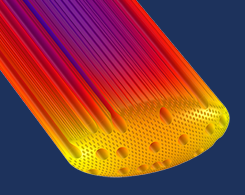
6 Ways Engineers Are Using Simulation to Help the Environment
Energy-efficient buildings and appliances. Safe nuclear waste storage. Well-preserved freshwater lakes. These are just a few examples of how simulation is being used to help the environment.
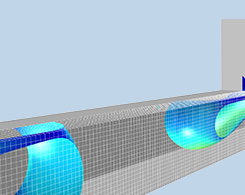
Modeling and Simulation of Multiphase Flow in COMSOL®: Part 1
Multiphase flow can be modeled on scales ranging from fractions of microns to tens of meters. Get an overview of the dispersed and separated multiphase flow models for different types of flow.
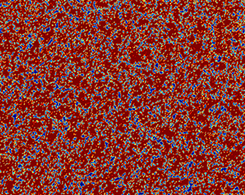
Material Characterization by Means of Simulation
Carbon-based materials, such as synthetic specialty graphites, are found in many industries, including solar, semiconductor, car manufacturing, ceramics, and metallurgy.
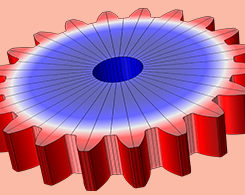
Simulating the Carburization and Quenching of a Steel Gear
Gears are typically carburized and quenched to improve their fatigue durability and wear resistance. Simulation can help determine how these processes affect the gear’s residual stress state.
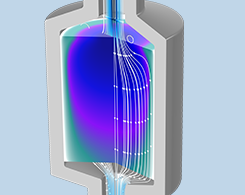
Thermal Equilibrium and Nonequilibrium Heat Transfer in Porous Media
Heat transfer in porous media can occur under thermal equilibrium, such as a rock consisting of different minerals or trapped fluids, or nonequilibrium, like a thermal energy storage (TES) unit.

Verifying a HAMSTAD Benchmark for an Insulated Roof Model
Heat and moisture (HAM) transport is an important area of study for building materials and structures, as it can affect the rate and coverage area of mold growth.
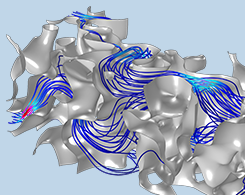
Modeling Darcian and Non-Darcian Flow in Porous Media
Get an introduction to the theory behind modeling flow in porous media, including the Kozeny–Carman, Forchheimer, Ergun, Burke–Plummer, and Navier–Stokes equations.
